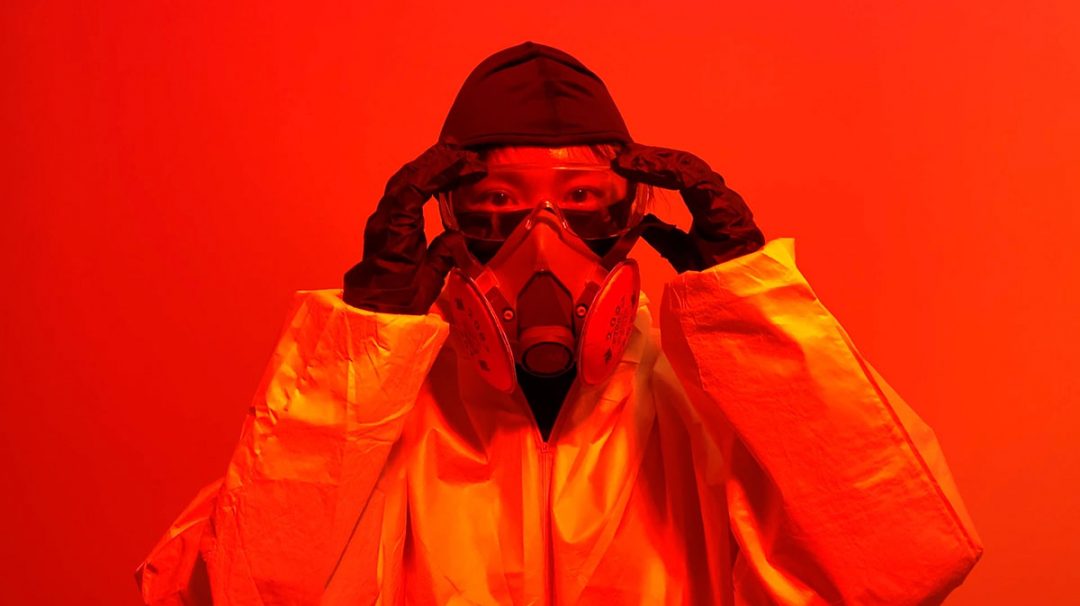“But what does it mean, the plague? It’s life, that’s all.”
― Albert Camus, The Plague
It’s the beginning of a new decade, and the human species faces an invisible, faceless, brainless yet highly efficient enemy: a virus that menaces our lives and our way of life. This might be an opportunity to humbly look at ourselves, and realize: despite our intelligence and technology, we do not have absolute control over nature.
While the virus does not discriminate and treat us all equally, this menace exposes our fragility not only as beings, but also as a society – social inequality, structural racism and domestic violence being some of the issues that are exacerbated by this crisis.
What will happen to us? Will we be able to evolve as species, or will we continue insisting on the same mistakes? Will things go back to normal? Or, more to the point, do we want this normality?
The unique thing about this moment is that we feel more than ever part of this big collective called humanity. Although we are more than ever living in isolation, we can feel connected to all other humans across the planet.
Common Ground
The Common Ground Project proposes a creation of a growing database, with the collaboration of artists around the world, sharing video, sound and/or text based pieces. The main immediate goal is to collect a large and varied snapshot of what is happening right now in various corners of the world, how people are coping with these immense changes in our routine, but above all, how we can imagine and adapt the world after the lockdown(s). This project should grow exponentially, and beyond the lockdown, so we can keep reflecting on its aftershock.
This database has the potential to expand itself like a virus: the Belgium based Brazilian artist/curator Kika Nicolela will invite a core group of 20 international artists, and each artist from this group can invite up to 20 other artists to participate in the project, and so on.
Each artist may submit any amount of video or sound pieces from 10 to 60 seconds, or any amount of text up to 500 characters – longer texts could be submitted in form of video or sound performances (again, up to 60 seconds each file).
The pieces don’t necessarily need to be “finished” or “polished”, they could be excerpts of daily moments, small intimate performances, haikus, poetic reflexions, drafts or thoughts… a reflection of this moment – including visions of the future to come – from different perspectives and parts of the world.
The collected pieces will be later combined through various strategies – video multi-screen installations, generative videos, online and offline exhibitions and performances. The full database will be also available for download for all participating artists, who can also create their own pieces out of the submitted material.
While the database is in the process of growing, some of the uploaded pieces will be shared on the social media pages of the project, so everyone can have a glimpse of its contents.
Will humanity come out stronger or weaker from these crises? Probably a complicated mix of both. The Common Ground Project proposes that we join our creative forces and together try to reflect on who we are and what we could become.
Kika Nicolela
Brazilian artist, filmmaker and independent curator, living between Brussels and São Paulo. Having Graduated in Film and Video at the University of São Paulo, Nicolela has also completed a Master of Fine Arts, at the Zurich University of the Arts. Kika Nicolela is interested in the encounter with the other, mediated by the camera – mostly, the video camera. The camera is a tool for her, to investigate representation and self-representation, identity and otherness, portrait and self-portrait, and create a space of fluctuation between these poles.
She is interested in making videos and video-installations that allow the spectator to have a larger role in the production of meaning; that is, works in which the meaning is reached through the constant negotiation between the spectator and the elements – often multiple and ambiguous. This ambivalence in the moving image is what she is searching for: pieces that produce a heightened experience in the very ambiguity of our own subjectivity, and of the real.
Infos
- 05 > 12.2020
- Project initied and directed by Kika Nicolela
- Facebook page >> facebook.com/cgp2020
- kikanicolela.com
Production
- With the support of European Pepinieres of Creation and Transcultures
- Image banner : Nung-Hsin Hu
- In the framework of No Lockdown Art (NoLA 2020), Creaconnections program

